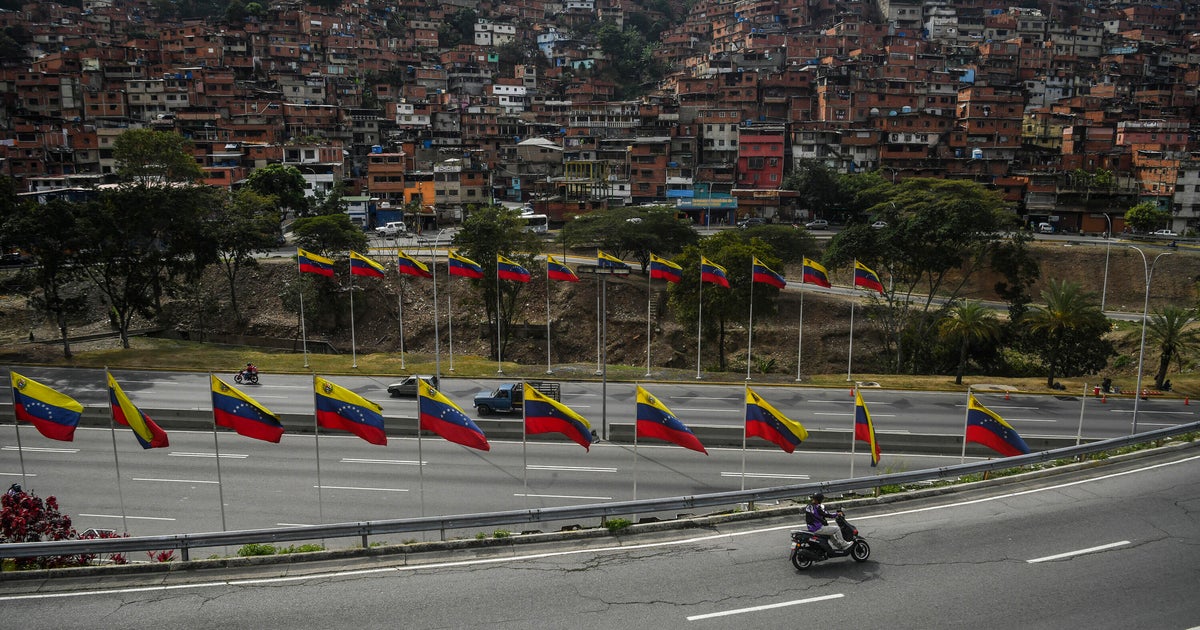Ukraine talks ‘step forward’ but road to peace long, Europe warns – national

[ad_1]
European authorities said on Monday they were comforted by our talks in Ukraine, the proposals of which were viewed as voluntary by Russian intelligence and warned of a long road to peace.
“The talks have been a step forward, but there are still major issues to be resolved,” Finnish President Alexander Stubb wrote on social media X about Sunday’s meeting in Switzerland between US and Ukrainian officials.
US President Donald Trump suggested Monday that the process could be moving in the right direction.
“Is it really possible that significant progress is being made in the peace talks between Russia and Ukraine?
The talks in Geneva covered the 28-point peace plan presented last week by the United States that caused alarm in Kyiv and Europe’s headlines for favoring its neighbor more than four years ago.
German Chancellor Friedrich Merz welcomed the “temporary effect” of the talks, saying the US proposal “has now been modified in important parts.”
However, he warned: “It was still possible to clear some questions, but we also know that there will not be peace in Ukraine overnight.”

The first plan pressured Ukraine to agree to surrender some of its territory to Moscow and killed the size of its army, leaving it vulnerable. The proposal also sought a European agreement that Ukraine will not be admitted to the NATO Military Alliance, although the alliance has also stated that Ukraine is on an “undeniable path” to membership.
UK Prime Minister Keir Keir Starmer said Ukraine’s participants in the ‘meeting of the willing’ – a broad term for the 30 countries that support Kyiv – would hold talks on Tuesday via video.
The surprise appearance of the peace plan coincided with the arrival of Ukrainian President Volodymyr.
It is under heavy strain on the front line against a larger Russian army, it is short on money, and Zelenskyy is trying to reduce the large scale of corruption that has stained his government.

Zelenskyy said that the Ukrainian office was on its way home from Geneva to report on the talks, after which the government would decide on the next steps.

The Geneva meeting gave hope to Kyiv. “Diplomacy has been revived, and that is good. Very good,” Zelenskyy said.
Russian authorities have not seen the text of the revised peace plan since the amendments were made over the weekend, a Kremlin spokesman said on Monday.
Dmitry Peskov added that at the moment there was no plan for the transfer of the US and Russia to meet this week, but the Russian side remained “open to such contacts.”
Merz, the German leader, said Moscow would now be involved in the process.
“The next step is that Russia should come to the table,” he said at the table, in Angola where he was attending a conference between African and European countries. “This is a difficult process. It will go much further with small steps this week. I don’t expect any breakthrough this week.”
Top diplomats in Germany, Finland, France, the UK, Italy and Poland consulted on Monday with Ukrainian Foreign Minister Andraine de Symbiha on additional measures to end the war, according to the German foreign office.

German Foreign Minister Johannes Wadepheal said that the Secretary of State Marco Rubio, who directed the talks in Switzerland, “made good contributions to ensure that this plan can be accepted by both sides of Europe and Ukraine.”
“I would like to say that all the issues regarding Europe or NATO have been removed from this plan, which is the decisive success we achieved yesterday,” he told broadcaster deutschlandradio without elaborating.
Rubio said Sunday’s speeches were “very important” and set up the most productive day in “a very long time.”
“I feel very optimistic that we can get something done,” Rubio said.
Turkey also hopes to build bridges between Russia and Ukraine. Russian President Vladimir Putin spoke by phone with his Turkish counterpart Recep Tayyip Erdogan on Monday, Peskov, a Kremlin spokesman, said.
Russian Drones kill 4 in Ukraine
Meanwhile, the harsh reality of war still casts a shadow over Ukraine as Russian forces continue their deadly and destructive strikes on civilian areas.
Russian drones struck residential areas in Kharkiv, the country’s second-largest city, killing four people and injuring 13, including two children, authorities said.

Eight residential buildings, a study area and power lines were damaged in the attack, according to the Chief of the Regional Military, Oleh Syniehulov.
The Prosecutor’s Office of the Kharkiv Region published photos showing homes on fire, debris scattered across the seas and firefighters and military prosecutors working at the site.
Ukraine’s Air Force says Russia is firing 162 strike and decon drones across the country.
Russia has also resumed its nighttime drone attacks on Ukrainian infrastructure and port infrastructure near the Romanian border, Nato’s Defense Ministry said on Monday.
Romania ordered two Tershoon tershoon and two F-16s in response to drones near its border, the ministry said.
Corresponding journalists are Harriet Morris in Tallinn, Estonia; Gerald Imray in Johannesburg, South Africa; Kirsten Grieshaber and Geir Moulson in Berlin; Sam McNeil in Brussels; And Stephen McGrath in Leamington Spa, England, contributed to this report.
[ad_2]






